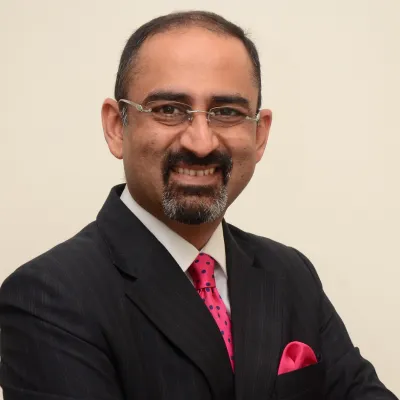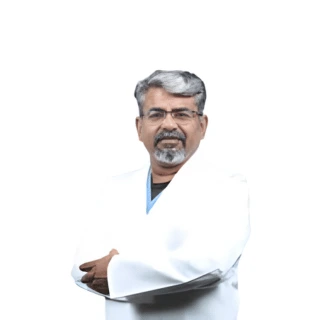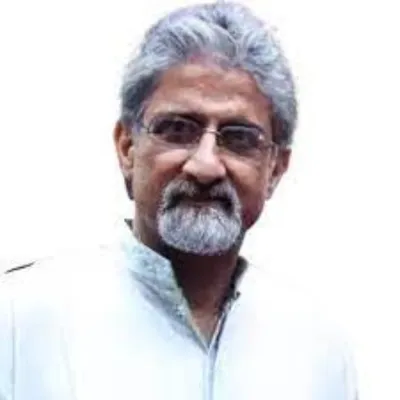Hepatopancreatobiliary surgery is a subspecialty of general surgery that encompasses a diverse range of surgical procedures, all aimed at treating disorders of the liver, pancreas, and biliary system. These surgeries require the expertise of highly trained surgeons due to the complexity of the organs involved and the potential for life-threatening conditions.
The Key Components of Hepatopancreatobiliary Surgery Include:
- Liver Surgery: Surgical interventions on the liver are performed to treat liver tumors, including primary liver cancer (hepatocellular carcinoma) and metastatic liver tumors. These surgeries may involve removing a portion of the liver (partial hepatectomy) or, in some cases, a complete liver transplant.
- Pancreatic Surgery: Pancreatic surgeries target conditions affecting the pancreas, such as pancreatic cancer, chronic pancreatitis, and pancreatic cysts. Surgical procedures can involve partial or complete removal of the pancreas or tumor excision while preserving pancreatic function.
- Biliary Surgery: Biliary surgery addresses disorders of the bile ducts and gallbladder, including bile duct obstructions, gallstones, and bile duct tumors. Surgeries can include gallbladder removal (cholecystectomy) and biliary reconstruction.
Principles of Hepatopancreatobiliary Surgery
Hepatopancreatobiliary surgery adheres to several fundamental principles:
- Precision and Expertise: Due to the complexity and anatomical intricacies of the liver, pancreas, and biliary system, surgeons must possess specialized skills and experience in this field.
- Disease-Specific Approach: The choice of surgical procedure is determined by the patient's specific condition and the location and extent of the disease.
- Functional Preservation: Whenever possible, surgeons aim to preserve the functional capacity of the liver and pancreas to maintain essential digestive and metabolic functions.
- Multidisciplinary Collaboration: Hepatopancreatobiliary surgery often requires collaboration with other healthcare specialists, such as oncologists, radiologists, and gastroenterologists, to ensure comprehensive patient care.
Types of Hepatopancreatobiliary Surgeries
Hepatopancreatobiliary surgeries encompass a wide range of procedures tailored to the patient's condition. Here are some of the primary types of surgeries in this field:
Liver Surgeries:
- Hepatectomy: Partial or complete removal of the liver, commonly performed for liver tumors.
- Liver Transplantation: Surgical replacement of a diseased liver with a healthy donor liver, typically used for end-stage liver disease and certain liver cancers.
- Liver Resection: Removal of a specific portion of the liver affected by tumors or other diseases.
Pancreatic Surgeries:
- Pancreaticoduodenectomy (Whipple Procedure): Removal of the head of the pancreas, the duodenum, and other adjacent structures, often used for pancreatic cancer and complex pancreatic disorders.
- Distal Pancreatectomy: Removal of the tail or body of the pancreas, typically used for tumors in the body or tail of the pancreas.
- Pancreatic Enucleation: Removal of tumors or cysts from the pancreas while preserving the majority of pancreatic tissue.
Biliary Surgeries:
- Cholecystectomy: Removal of the gallbladder, commonly performed for gallstones and gallbladder disease.
- Biliary Reconstruction: Surgical repair or reconstruction of the bile ducts, often necessary to treat bile duct obstructions.
- Biliary Bypass: Creation of a new pathway for bile to flow from the liver to the small intestine when the natural bile ducts are blocked.
Indications for Hepatopancreatobiliary Surgery
Hepatopancreatobiliary surgery is indicated for a range of medical conditions, including:
- Liver Conditions: These include liver tumors (benign or malignant), liver cysts, and end-stage liver disease requiring transplantation.
- Pancreatic Disorders: Indications include pancreatic cancer, chronic pancreatitis, benign pancreatic tumors, and complex cystic lesions.
- Biliary Disorders: Gallbladder disease (gallstones, inflammation), bile duct obstructions (from tumors or strictures), and bile duct injuries.
- Liver Transplantation: Used to treat end-stage liver disease, liver failure, and certain liver cancers.
- Pancreatic Transplantation: Occasionally performed for patients with severe insulin-dependent diabetes mellitus.
Benefits of Hepatopancreatobiliary Surgery
Hepatopancreatobiliary surgery offers several critical benefits:
- Disease Control: Surgery can effectively remove or treat tumors, obstructions, and diseased organs, potentially curing or managing the condition.
- Symptom Relief: Many patients experience relief from pain, discomfort, and digestive issues following surgery.
- Improved Quality of Life: Successful surgeries can lead to an improved quality of life, allowing patients to resume normal activities.
- Prolonged Survival: For certain cancers, surgery combined with other treatments can extend survival rates.
- Preventative Care: Surgical interventions can prevent the progression of certain diseases, such as pancreatic cancer or liver failure.
Know Your Treatment Cost
Get a cost estimate based on your condition and hospital preferences.
Challenges and Potential Risks
Hepatopancreatobiliary surgery presents significant challenges and potential risks, including:
- Complexity: The liver, pancreas, and biliary systems are highly complex, and surgery in thee areas can be challenging due to their anatomical intricacies.
- Postoperative Complications: Risks include bleeding, infection, bile leakage, pancreatic fistulas, and delayed gastric emptying.
- Functional Impairment: Surgery on the liver and pancreas may result in functional impairment, necessitating ongoing medical management or lifestyle adjustments.
- Recurrence: Some conditions, such as certain cancers, may recur despite successful surgery, requiring continued monitoring and treatment.
- Long Recovery: Recovery from hepatopancreatobiliary surgery can be lengthy, and patients may require rehabilitation or supportive care.
Advancements in Hepatopancreatobiliary Surgery
Continuous advancements in hepatopancreatobiliary surgery contribute to improved patient outcomes and reduced risks:
- Minimally Invasive Surgery: Laparoscopic and robotic-assisted techniques are being used more frequently, resulting in smaller incisions, less pain, and quicker recovery times.
- Precision Medicine: Genetic testing and targeted therapies are advancing the understanding and treatment of various liver and pancreatic conditions.
- Enhanced Imaging: High-resolution imaging technologies, such as MRI, CT scans, and intraoperative ultrasound, improve surgical planning and accuracy.
- Transplantation: Advances in liver and pancreatic transplantation techniques, including living donor transplants, expand options for patients in need.
- Biliary Interventions: Endoscopic and percutaneous approaches offer less invasive options for treating bile duct obstructions and gallbladder disorders.
Outlook
Hepatopancreatobiliary surgery is a vital and evolving field in surgical medicine, addressing complex disorders of the liver, pancreas, and biliary system. These surgeries are often life-saving and life-improving, providing patients with relief from debilitating symptoms and, in some cases, curing life-threatening conditions. Despite the challenges and potential risks associated with these procedures, continuous advancements in surgical techniques, imaging, and precision medicine offer hope for improved patient outcomes. Multidisciplinary collaboration, specialized surgical teams, and a patient-centered approach are key to navigating the complexities of hepatopancreatobiliary surgery and delivering the best possible care to those in need.
 09 January,2026
Read More
09 January,2026
Read More






 09 January,2026
Read More
09 January,2026
Read More
 02 January,2026
Read More
02 January,2026
Read More
 30 December,2025
Read More
30 December,2025
Read More
 24 December,2025
Read More
24 December,2025
Read More
 23 December,2025
Read More
23 December,2025
Read More
 17 December,2025
Read More
17 December,2025
Read More